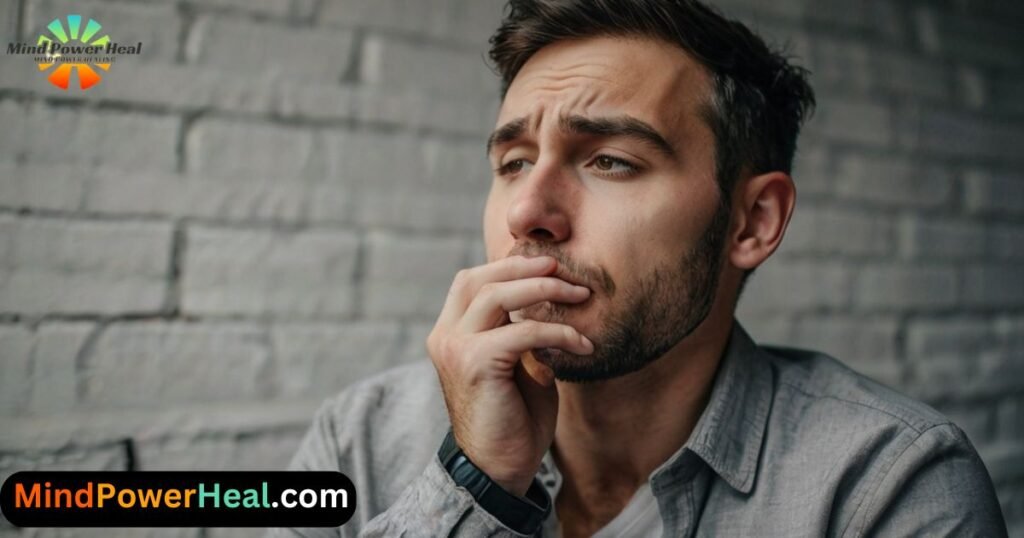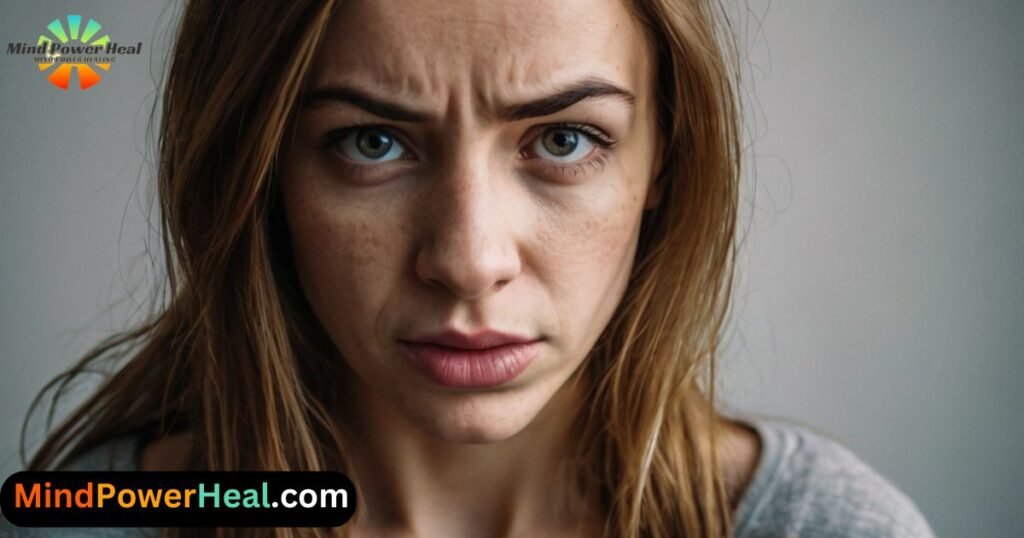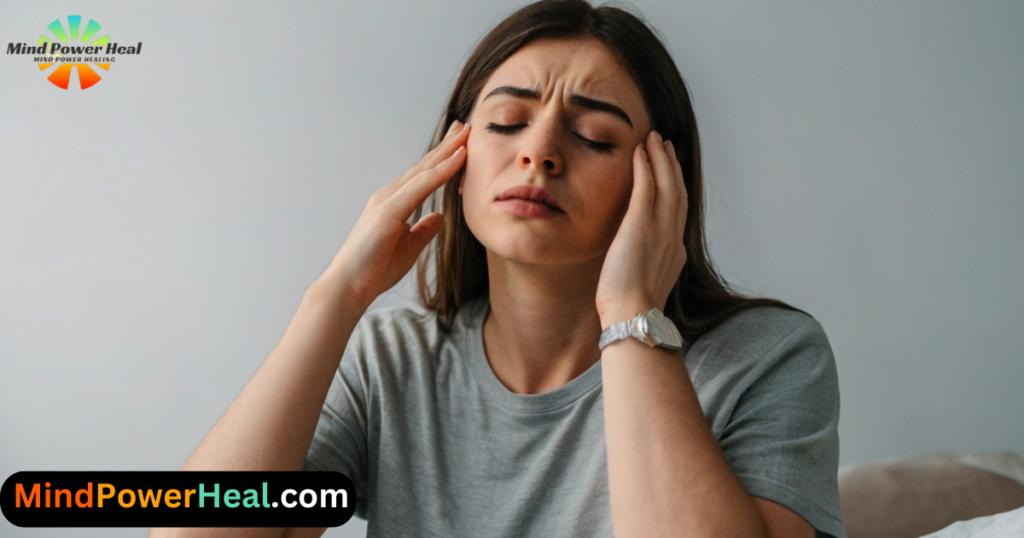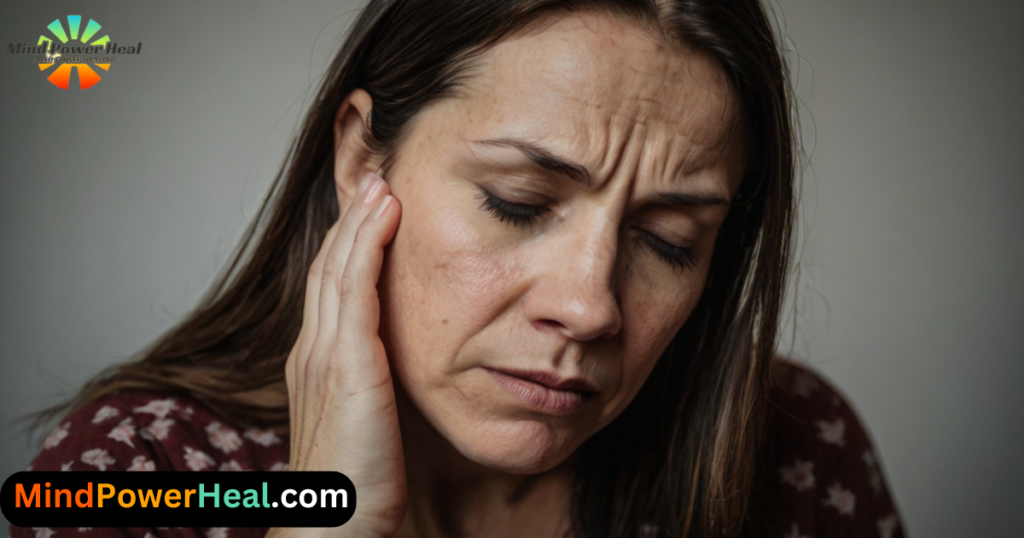Understanding how long do anxiety symptoms last is crucial for managing and coping with this condition effectively. Anxiety symptoms can vary significantly from person to person in both duration and intensity. This guide will explore the factors that influence the duration of anxiety symptoms and offer strategies to manage and alleviate them.

How Long Do Anxiety Symptoms Last? Factors Influencing the Duration of Anxiety Symptoms
The duration of anxiety symptoms can be influenced by several factors, including:
Severity of the Anxiety:
Mild anxiety symptoms may last for a short period, whereas severe anxiety can persist for weeks, months, or even longer.
Type of Anxiety Disorder:
Different anxiety disorders have varying timelines. For instance, panic attacks can last for minutes, while generalized anxiety disorder (GAD) can result in symptoms that last for months.
Triggers:
Specific triggers, such as stressful events or environments, can prolong anxiety symptoms.
Individual Differences:
Personal factors such as genetics, overall health, and coping mechanisms play a significant role in the duration of anxiety symptoms.
Acute vs. Chronic Anxiety Symptoms
Acute Anxiety Symptoms:
Acute anxiety symptoms are usually short-lived, often lasting for a few minutes to a few hours. These can include panic attacks or anxiety in response to a specific situation, such as public speaking or an impending deadline.
Chronic Anxiety Symptoms:
Chronic anxiety symptoms can persist for weeks, months, or even years. Conditions like generalized anxiety disorder (GAD) and social anxiety disorder (SAD) often involve ongoing and pervasive anxiety symptoms that can affect daily life and functioning.

Managing and Reducing Anxiety Symptoms
Deep Breathing Exercises
Deep breathing exercises are an effective way to manage and reduce anxiety symptoms. By focusing on slow, deep breaths, you can calm your nervous system and reduce symptoms such as rapid heartbeat and shortness of breath. Practice inhaling deeply through your nose, holding for a few seconds, and exhaling slowly through your mouth.
Progressive Muscle Relaxation
Progressive muscle relaxation (PMR) is another technique to manage anxiety symptoms. This method involves tensing and then slowly releasing different muscle groups in your body. By doing this, you can reduce muscle tension and promote relaxation, helping to alleviate anxiety symptoms.
Regular Exercise
Engaging in regular physical exercise is a proven way to reduce anxiety symptoms. Exercise releases endorphins, which are natural mood boosters. Activities such as walking, running, yoga, and swimming can help reduce muscle tension, improve sleep, and lower stress levels.
Adequate Sleep
Getting enough sleep is crucial in managing anxiety when considering How Long Do Anxiety Symptoms Last? Lack of sleep can exacerbate anxiety symptoms, leading to a vicious cycle. Establish a regular sleep routine by going to bed and waking up at the same time each day, creating a relaxing bedtime routine, and ensuring your sleeping environment is comfortable.
Healthy Diet
A balanced diet can also play a significant role in reducing anxiety symptoms. Consuming a variety of fruits, vegetables, whole grains, and lean proteins can provide the necessary nutrients to support your overall health and well-being. Avoid excessive caffeine and sugar, as these can trigger or worsen anxiety symptoms.
Mind Power Healing for Anxiety Symptoms
Mind power healing is a holistic approach that can effectively reduce anxiety symptoms. This method focuses on harnessing the power of the mind to promote relaxation and reduce stress. Techniques such as mindfulness meditation, visualization, and positive affirmations can be particularly beneficial. Mindfulness meditation involves staying present in the moment and observing your thoughts without judgment, which can reduce anxiety and its physical manifestations.

Visualization techniques involve imagining peaceful and calming scenarios, which can help relax the body and reduce symptoms like muscle tension and headaches. Positive affirmations can replace negative thought patterns with empowering beliefs, fostering a sense of control and calmness. By incorporating mind power healing into your daily routine, you can develop resilience and effectively manage anxiety symptoms.
Conclusion:
In conclusion, understanding how long do anxiety symptoms last is essential for managing this condition effectively. By recognizing the factors that influence the duration of anxiety symptoms and adopting strategies such as deep breathing, progressive muscle relaxation, regular exercise, adequate sleep, and a healthy diet, you can manage and reduce these symptoms effectively. Mind power healing offers additional techniques to promote relaxation and reduce stress, helping you achieve long-term relief from anxiety symptoms.
Google-Suggested Questions and Answers
Q1: How long do anxiety symptoms typically last?
A1: The duration of anxiety symptoms varies depending on the severity of the anxiety and the individual. Acute anxiety symptoms can last from a few minutes to a few hours, while chronic anxiety symptoms can persist for weeks, months, or even longer.
Q2: What factors influence how long anxiety symptoms last?
A2: Factors influencing the duration of anxiety symptoms include the severity of the anxiety, the type of anxiety disorder, specific triggers, and individual differences such as genetics, overall health, and coping mechanisms.
Q3: Can anxiety symptoms last for years?
A3: Yes, chronic anxiety symptoms can last for years, especially if left untreated. Conditions like generalized anxiety disorder (GAD) and social anxiety disorder (SAD) often involve ongoing and pervasive anxiety symptoms.
Q4: How can I reduce the duration of anxiety symptoms?
A4: To reduce the duration of anxiety symptoms, practice deep breathing exercises, progressive muscle relaxation, regular physical exercise, maintain a healthy diet, ensure adequate sleep, and incorporate mind power healing techniques such as mindfulness meditation and visualization.
Q5: What is the difference between acute and chronic anxiety symptoms?
A5: Acute anxiety symptoms are short-lived and usually last for a few minutes to a few hours, often in response to a specific situation. Chronic anxiety symptoms persist for weeks, months, or even years and can affect daily life and functioning.



